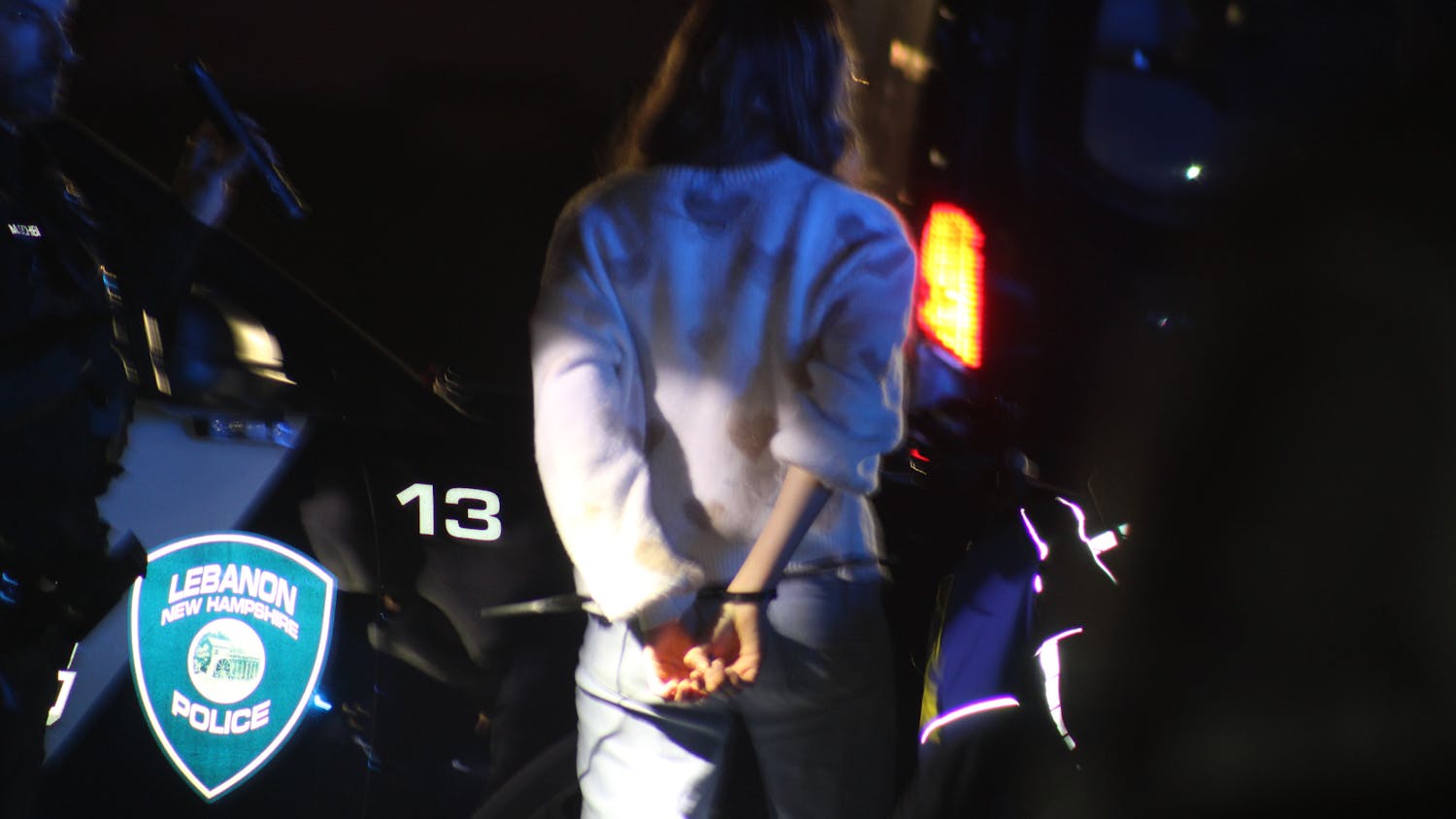In the wake of the murder of five students at Northern Illinois Universityon Feb. 14, many colleges and universities, including Dartmouth, have increased efforts to update their safety protocol to face the threat of campus violence. The NIU shooting is just one of a series of recent violent incidents that have plagued U.S. campuses.
Dartmouth Safety and Security has added Light Emitting Diodes cruise lights and warning lights to its vehicles and has modernized its PA system in direct response to recent massacres on other university campuses, Harry Kinne, director of Safety and Security and College proctor, said.
"The modernizations are to help us in mass notification," he said. "They could help alert people if something dangerous occurred and let us provide further instructions."
Safety and Security is also looking into new outdoor notification devices, such as sirens, Kinne said.
Other universities have taken similar steps to reinforce their campus security in order to prevent violence.
Harvard University is preparing to use bullhorns as an emergency alerting device and the University of New Hampshire has installed sirens to alert faculty and students in case of an emergency, The New York Times reported.
NIU has also increased the number of security forces on campus, Melanie Magara, a spokeswoman for NIU, told The Times.
Magara could not be reached by press time.
Dartmouth students do not always realize the dangers they may face, Dean of Residential Life Martin Redman said.
"We're all in a small town in rural New Hamsphire. The difficult thing about this is that it takes us all into this sense of safety, making us unaware of possible dangers," he said.
No matter how strong the security measures are, Redman said, there is no definite way to prevent students from purchasing firearms.
"There's nothing stopping you from going online, ordering a weapon and having it here in a few days," he said.
Stephen Kazmierczak of NIU and Seung Hui Cho of Virginia Tech, perpetrators of the recent shootings at these universities, both ordered their weapons online a few days before the respective massacres.
Redman also pointed to probable dangers within the College's party scene as a possible threat to campus security.
"My day-to-day worry is somebody having too many beers, seeing a really cool weapon in someone's room and ending up killing or hurting someone," he said.
Safety and Security and the Office of Residential Life enforce the College's firearms policy in an effort to prevent possible violence on campus, according to Kinne and Redman. The policy prohibits students from possessing any lethal weapons, including knives and highly flammable materials such as fireworks. Violators of the policy may be subject to a fine and possible disciplinary action, according to the ORL web site.
Kinne said he could not remember an incident in which Safety and Security discovered a violation of the schools' firearms policy. However, the College does not perform room checks to find illegal weapons, Redman said.
"We're trying to protect the line of individual privacy," he said. "When we see [a weapon], we deal with it, but we don't go looking for it."
Although weapons are generally prohibited on campus, ORL and Safety and Security allow certified hunters and Reserve Officers' Training Corps cadets to store their weapons in a special storage area supervised by Safety and Security, according to Kinne.
Poor mental health could also lead to violent behavior, Redman said, and, in his experience, the College's medical facilities have been successful in treating students with psychological disorders.
"Can we, though, be 100 percent sure we won't have a Virginia Tech [massacre] here? No," he said. "As soon as you put a human factor into the equation, nothing is certain anymore."



